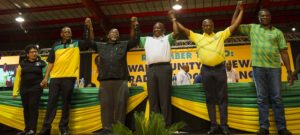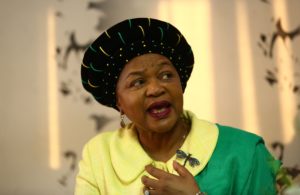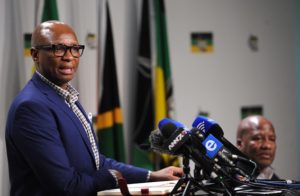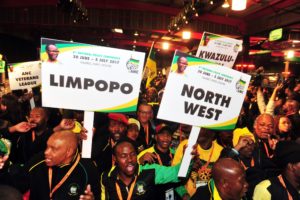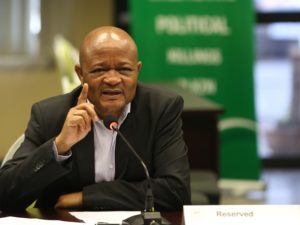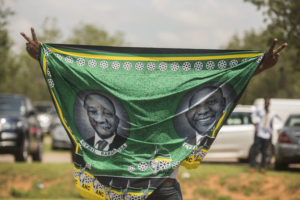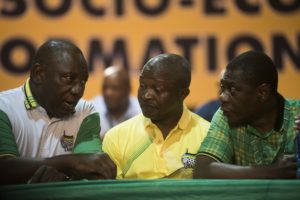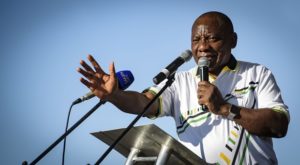Dlamini-Zuma, Ramaphosa have power to nurture or destroy SA – economist
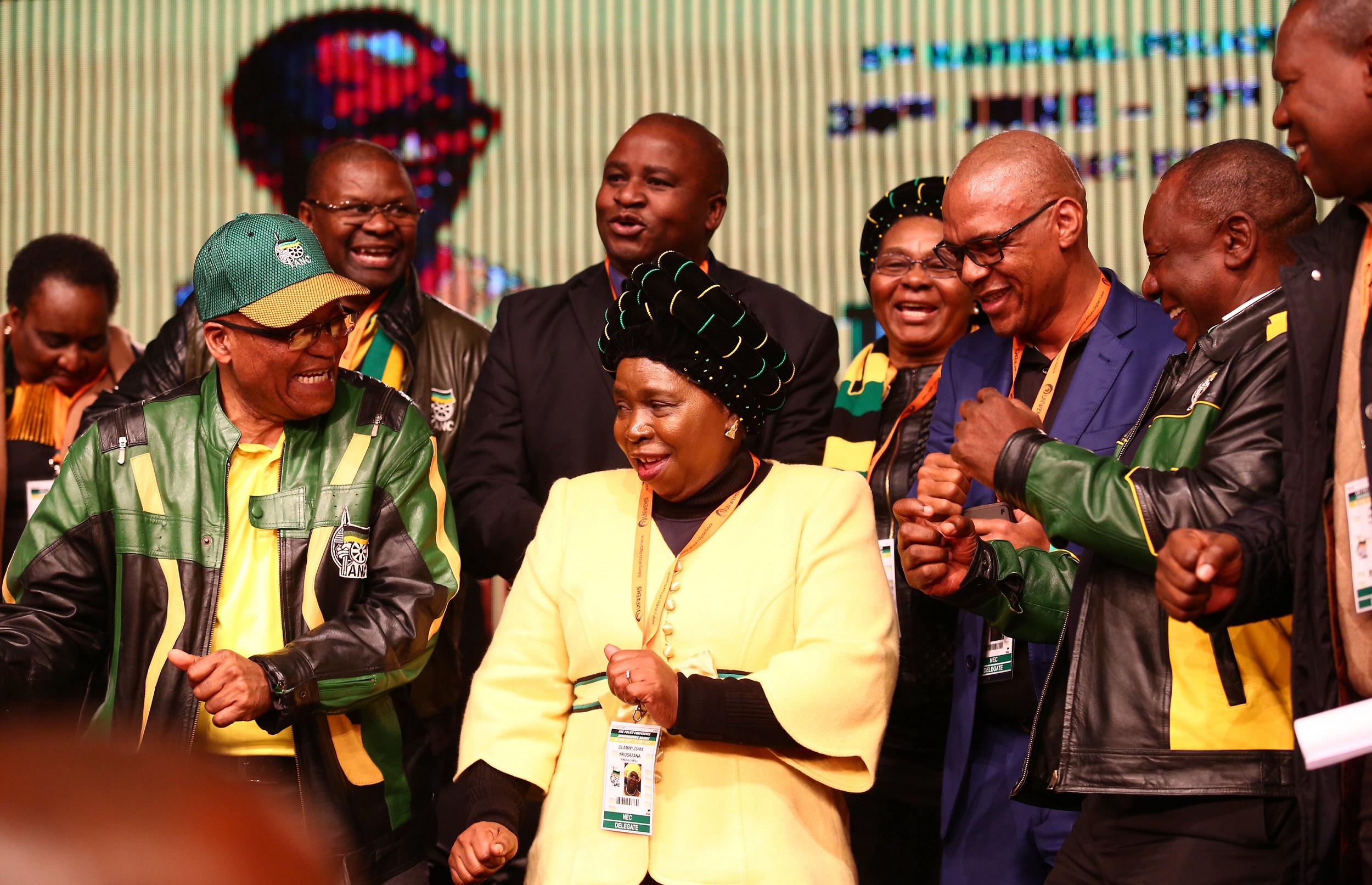
JOHANNESBURG, SOUTH AFRICA – JULY 05: President Jacob Zuma and Nkosazana Dlamini-Zuma sing and dance during the African National Congress (ANC) 5th national policy conference at the Nasrec Expo Centre on July 05, 2017 in Johannesburg, South Africa. 3500 delegates from branches across the country gathered for the conference to discuss the party’s policies going into the elective conference in December, where changes and new policies will be ratified. (Photo by Gallo Images / The Times / Masi Losi)
Political leaders have the power to nurture South Africa’s strong foundations – or destroy them completely, Lesiba Mothata, executive chief economist at Alexander Forbes said ahead of the start of ANC’s national elective conference.
He and Leon Greyling (managing director) expressed the hope that the two prominent ANC presidential candidates – Cyril Ramaphosa and Dr Nkosazana Dlamini-Zuma – or even what he terms a “Unity personality”, will safeguard the institutional strengths of SA, no matter who wins.
Mothata and Greyling pointed out that the elective conference will see a display of ideological battles ahead of the expected announcement of a new leader.
“The scenarios associated with each candidate are starkly divergent – at least in terms of how they have been perceived by markets – which indicates the importance of the ANC conference,” said Mothata.
Ramaphosa has put forward the need for a new deal on jobs, growth and transformation. This might have positive short and long-term effects like rand strength; a potential increase in gross domestic product (GDP) growth; fiscal prudence and conventional monetary policy remaining entrenched.
“Less state intervention in the private sector is envisaged, with private sector fixed investment to be boosted,” Mothata added about Ramaphosa’s stance.
Dlamini-Zuma’s economic stance is less known, in his view, because she has spent little time explaining it ahead of the conference.
“Without such information, it is assumed the status quo will prevail where fiscal policy continues to be weakened; state-owned enterprises are used for personal gain by those in authority; patronage is protected and populist viewpoints taking root on major issues – like land expropriation,” said Mothata.
“In order to defuse factions within the ANC, there is an increasing ambition to elect a unifying candidate. Numerous names have been punted for this ‘unity vote’, but Dr Zweli Mkhize has consistently positioned himself as such a personality.”
Should Mkhize win, market reaction will be muted, but policy uncertainty will persist, according to Mothata.
“Additional credit ratings downgrades would still ensue, but the outcome would remain consistent with a ‘muddle through’ scenario with much less economic reform taking place,” he explained.
“It will be up to the three candidates to define their stance on the economy, but markets have already made firm assertions, with potential negative responses if Dlamini-Zuma wins.”
(Photo credit: Gallo Images / The Times / Masi Losi)
